Summaries of books about European History:

The Secret Life of Bletchley Park
The WW11 Codebreaking Centre and the Men and Women Who Worked There
Sinclair McKay
The book delves into the clandestine operations of the British codebreaking team during World War II, revealing the daily lives, challenges, and triumphs of the cryptographers at Bletchley Park. It highlights the pivotal role these men and women played in deciphering the communications of the Axis powers, significantly contributing to the Allied victory.
See full summary
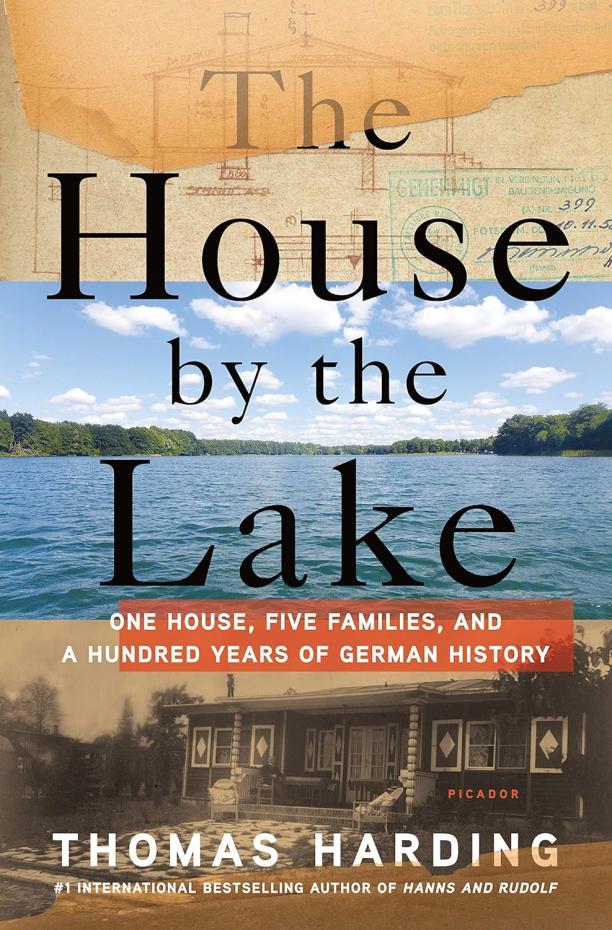
The House by the Lake
One House, Five Families, and a Hundred Years of German History
Thomas Harding
The book traces the history of Germany over a century through the experiences of five different families who lived in a small cottage on the outskirts of Berlin. It explores the political and social changes that occurred from the late 19th century through the fall of the Berlin Wall, using the house as a focal point to reflect broader historical events.
See full summary
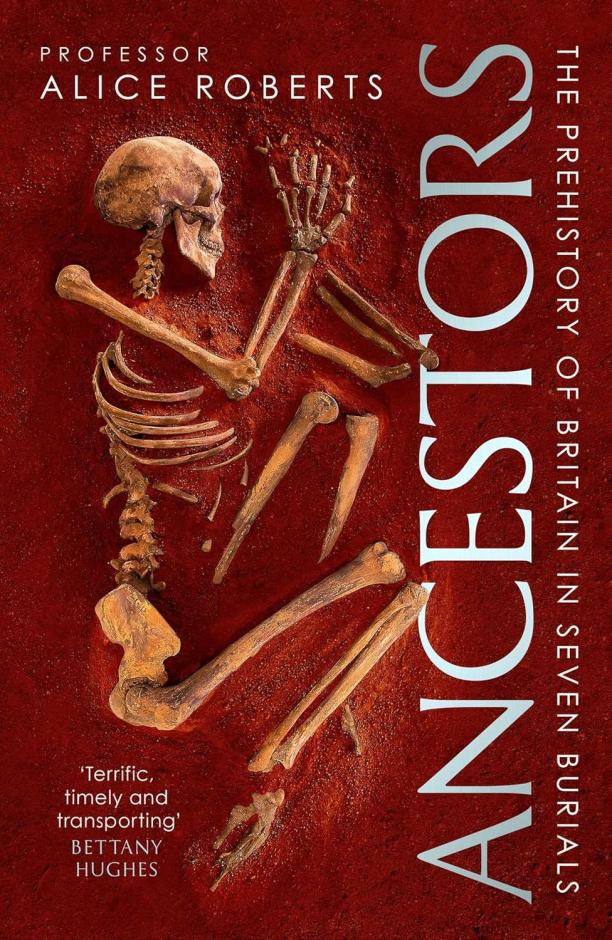
Ancestors
A prehistory of Britain in seven burials
Alice Roberts
The book explores the lives of seven individuals from different periods of Britain's past, whose remains were discovered at archaeological sites, providing insights into the country's prehistory. Through these ancient burials, it delves into the cultural, technological, and biological developments that shaped the history and people of Britain before written records.
See full summary
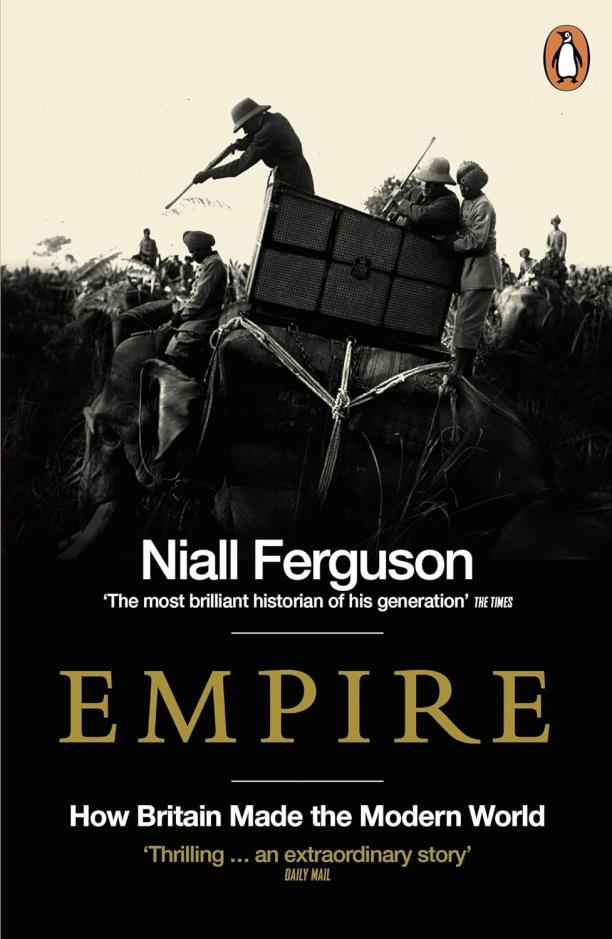
Empire
How Britain Made the Modern World
Niall Ferguson
The book examines the British Empire's expansive influence on the modern world, exploring its role in spreading capitalism, democracy, and technology. It delves into the complexities of the Empire's legacy, including both its contributions to global development and its darker aspects of oppression and exploitation.
See full summary
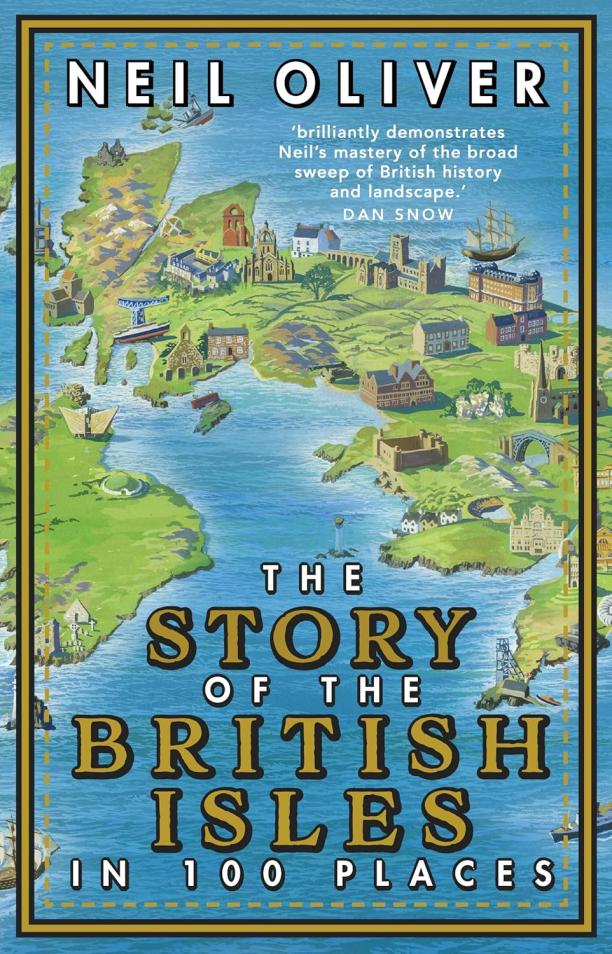
The Story of the British Isles in 100 Places
Neil Oliver
The book traverses the rich tapestry of the British Isles through a curated selection of 100 locations, each with its own tale that contributes to the region's complex history. It weaves narratives from different time periods, showcasing how geography and historical events have shaped the cultural and societal evolution of Britain.
See full summary
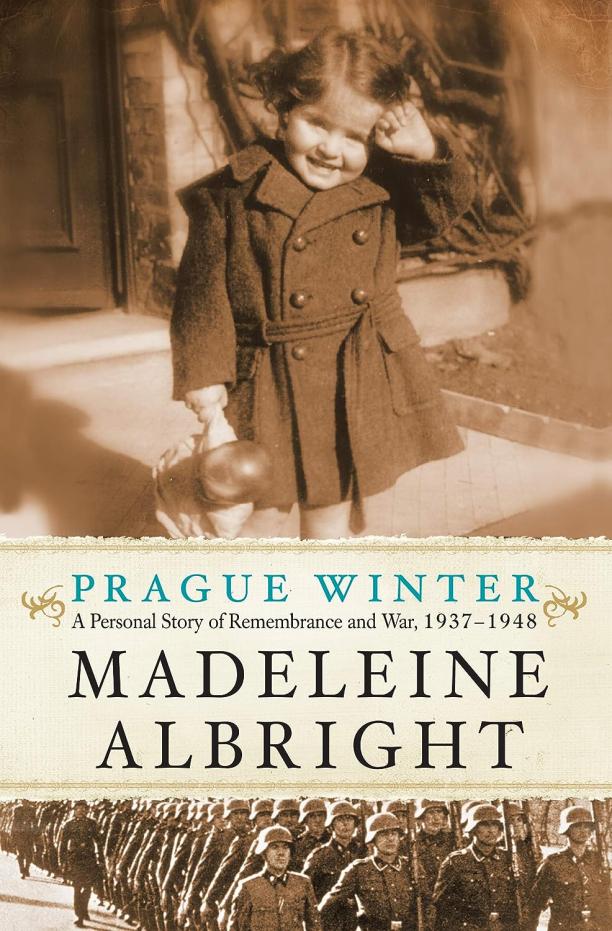
Prague Winter
A Personal Story of Remembrance and War, 1937-1948
Madeleine Korbel Albright
The book is a blend of memoir and history, where the author reflects on her own family's experiences during World War II and the Holocaust, as well as the broader political and social events in Czechoslovakia before, during, and after the war. It delves into themes of identity, morality, and the resilience of the human spirit in the face of tyranny and war.
See full summary
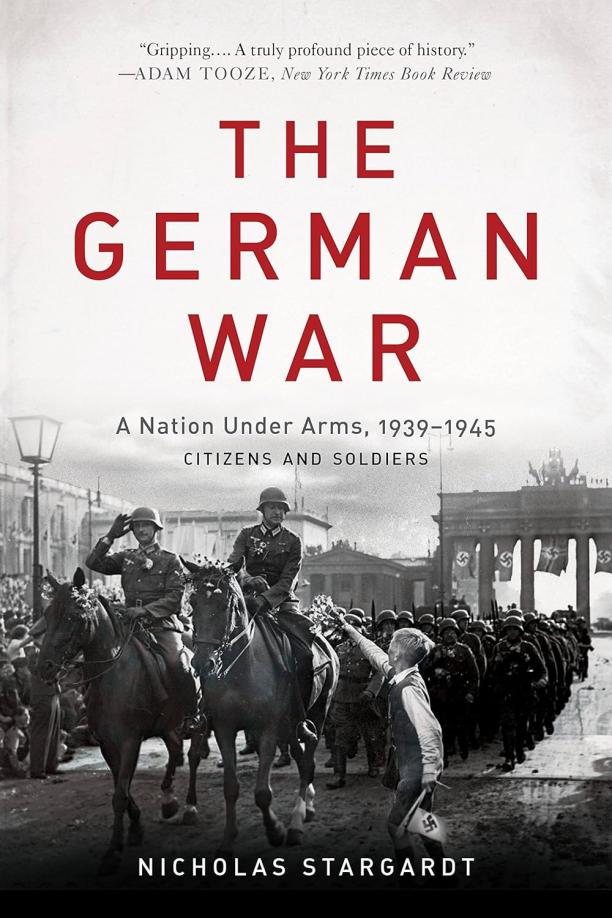
The German War
A Nation Under Arms, 1939-1945
Nicholas Stargardt
The book provides an in-depth exploration of the experiences and attitudes of German citizens during World War II, drawing on a wide array of personal letters, diaries, and other firsthand accounts. It examines how the population coped with the realities of total war, the moral dilemmas they faced, and their complex relationship with the Nazi regime.
See full summary
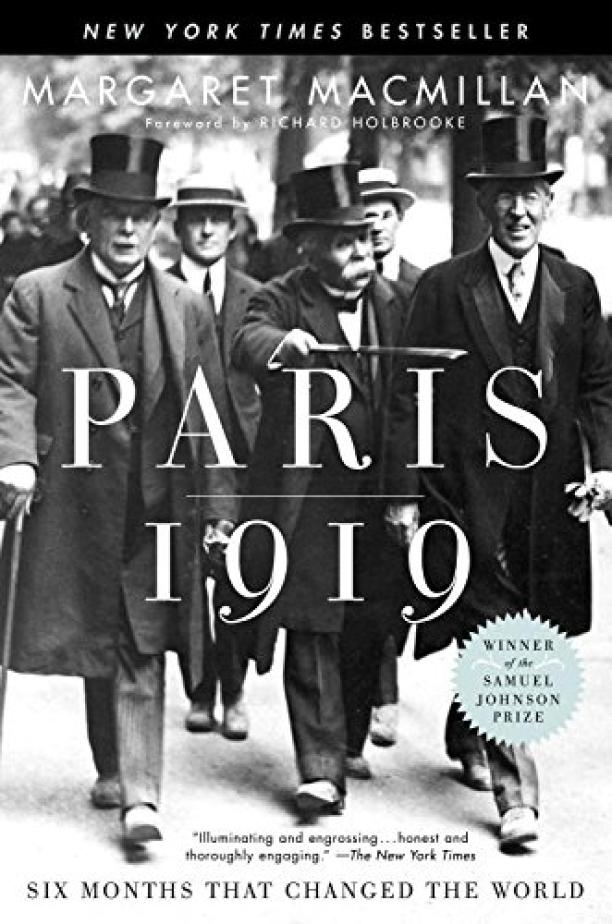
Paris 1919
Six Months That Changed the World
Margaret MacMillan
The book provides a detailed account of the 1919 Paris Peace Conference, where leaders from around the world convened to shape the post-World War I order. It delves into the political dynamics, diplomatic negotiations, and the creation of new nations, while also examining the conference's far-reaching consequences and the groundwork it laid for future conflicts.
See full summary
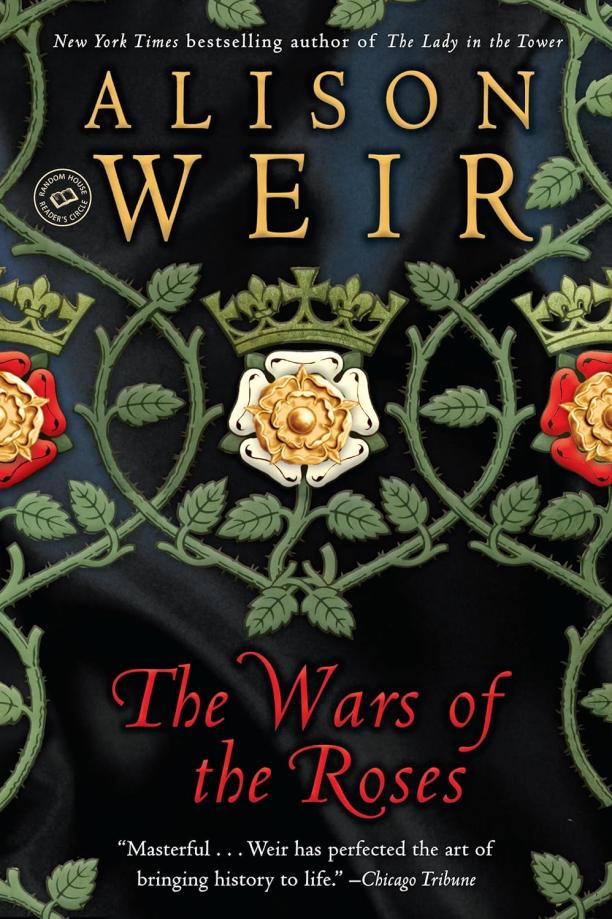
The Wars of the Roses
Alison Weir
The book provides a detailed historical account of the dynastic struggles and bloody battles between the houses of Lancaster and York for the English throne during the 15th century. It delves into the political intrigue, key figures, and social impact of this tumultuous period, known as the Wars of the Roses.
See full summary
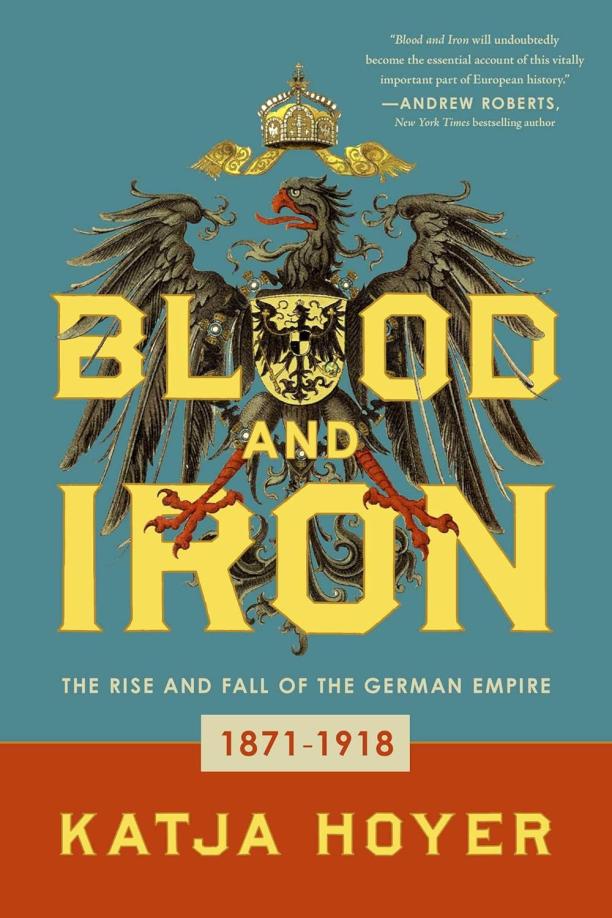
Blood and Iron
The Rise and Fall of the German Empire
Katja Hoyer
The book chronicles the formation, evolution, and eventual downfall of the German Empire from 1871 to 1918, detailing the political maneuvers, cultural shifts, and military strategies that shaped its history. It explores the complex interplay of personalities, such as Otto von Bismarck and Kaiser Wilhelm II, and pivotal events that led to Germany's emergence as a major European power and its subsequent impact on the world stage leading up to World War I.
See full summary